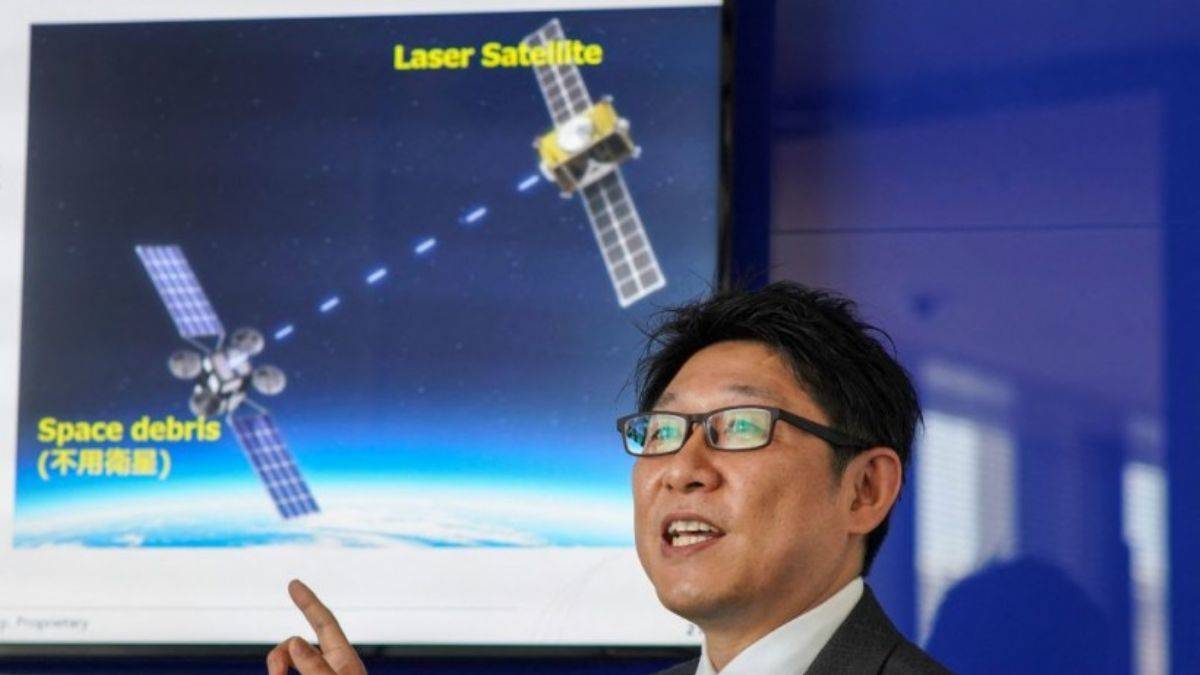It was stated that the satellite called LignoSat was made of magnolia wood. In experiments conducted from the International Space Station, it was determined that magnolia wood was more resistant to cracking.
While preparations for the wooden satellite developed by Japanese scientists have been completed, the spacecraft is expected to be launched this summer.
Japanese astronaut and aerospace engineer Takao Doi said, "All satellites that return to the Earth's atmosphere burn up and scatter tiny aluminum particles that spread to the upper layers of the atmosphere for years. Eventually this will affect the environment."
THE DURABILITY OF WOOD SURPRISED
Scientists first conducted tests in a laboratory where space conditions were created. The wood samples used in these tests showed no deterioration or change.

Koji Murata, who led the project, said: "We were surprised that the wood could withstand these conditions."
After the laboratory tests, the wood samples were sent to the International Space Station, where they were tested for about a year. In the tests conducted in space, the wood samples were found to have suffered very minor damage.
Murata said that this was explained by the fact that there was no oxygen in space to cause the wood to burn and no living organisms to cause it to rot.
SAKURA TREE ALSO TESTED
It was stated that several wood samples, including sakura tree, were tried for the construction of the satellite, but the magnolia tree was decided on.
Murata said that the satellite, which is the size of a coffee mug, will provide important data on the performance of wooden spacecraft, "One of the satellite's tasks will be to determine how much deterioration will occur in the wooden structure. Wood is durable and strong when it moves in one direction, but it can be prone to cracking if the direction changes."
WILL STAY IN SPACE FOR 6 MONTHS
It was stated that the satellite will stay in space for 6 months. The satellite was previously planned to be launched in 2023, but the launch was postponed due to incomplete work.
Previously, Finland-based start-up Arctic Astronautics had also developed a wooden satellite called WISA Woodsat and planned to launch it in 2021. However, the company has not yet been able to launch the satellite "due to bureaucratic obstacles".
The wooden satellite, developed by Kyoto University and the logging company Sumitomo Forestry, was developed with the idea of creating an environmentally friendly alternative to the satellites currently in service.















